Warning: The following article mentions sexual abuse and murder. Please read with caution.
In Dec. 1991, four teenage girls were found dead in a frozen yogurt shop in Austin, Texas, that had also been set on fire. Since then, four men have been implicated in the crime, but no convictions stuck, and the yogurt shop murders remain unsolved today.
The night the four teenage girls died, Eliza Thomas and Jennifer Harbison were off work at I Can’t Believe It’s Yogurt! in Austin when 13-year-old Amy Ayers and 15-year-old Sarah Harbison — Jennifer’s sister — met up with them to head home, according to CBS News.
At some point, authorities believe at least two men entered the shop, stripped the girls naked, tied each one of them up with their clothing, and shot each one in the head using two different guns before setting the place on fire.
Those flames destroyed much of the evidence, and despite a massive investigation involving local police and even the FBI, the yogurt shop case went cold.
The 1999 break in the case
Early on in the investigation, four men who were teenagers at the time — Robert Springsteen, Michael Scott, Maurice Pierce, and Forrest Welborn — were questioned about what happened. A few days after the yogurt shop killing spree, Pierce was arrested with the same type of gun possibly used in the murders. Without sufficient evidence against them, however, all four were released.
Fast forward to 1999, when a new team of investigators takes a fresh look at the case, and the four men are back under scrutiny. At that point, two of the four men — Springsteen and Scott — confessed but later backtracked, claiming they were coerced. Meanwhile, charges against Pierce and Welborn were dropped.
The Springsteen and Scott convictions
With charges dismissed against Maurice Pierce and Forrest Welborn, Robert Springsteen and Michael Scott were put on trial, but the only evidence against them was their disputed confessions. Still, Springsteen and Scott were convicted, but those convictions were later overturned on technicalities. At least one other man confessed, but he later said he was tortured, according to People.
By that point, DNA testing technology had come a long way since 1991, and a partial sample from one of the murdered girls that night was tested. The results matched none of the four men so far implicated in the crime — Pierce, Welborn, Springsteen, and Scott — nor did the sample match any other men who may have plausibly handled the evidence.
And with that, the investigation was back to square one.
The two mystery men

According to CBS News, customers and other employees were interrogated, and several of them mentioned seeing two other unidentified men in the shop that day around the time the shop closed. With DNA samples not matching anyone suspected in the crime, authorities believe those two men might be to blame.
In 2022, Attorney Amber Farrelly, representing Springsteen and Scott, told 48 Hours, ” … [S]everal people talk about a guy or two guys, and they describe them in the same manner? And we don’t know who those two guys are? And they’ve never called in? … That raises, in my opinion, the suspicion… that these are the gentlemen who did it.”
A DNA match
With a DNA sample obtained but no leads, authorities investigating the yogurt shop murders turned to the FBI, and there was a match. The DNA sample had no name attached to it in the public records. The FBI, however, did have a name, but Austin authorities could not access it for legal reasons.
As of 2022, federal and local authorities were working in tandem to allow that information to be released. Also that year, President Biden signed into law The Homicide Victims’ Families’ Rights Act, inspired in part by the brutal murders of the four teenage girls in 1991.
According to Senator Cornyn of Texas, who sponsored the bill, the legislation ” … will help ensure federal law enforcement reviews sometimes decades-old cold case files and applies the latest technologies and investigative standards. This process will help bring grieving families resolution in the midst of tragic circumstances, and I am proud of the bipartisan support for this bill, which is now law.”
Meanwhile, crime victim advocate Andy Kahn added, “This is going to give [victim’s families] a glimmer of hope, some good news, that some fresh eyes are going to take a look at their cases” (via KHOU 11).
The 2023 true-crime documentary on the yogurt shop murders, People Magazine Investigates: Who Killed Our Girls? is streaming now on ID and Max.

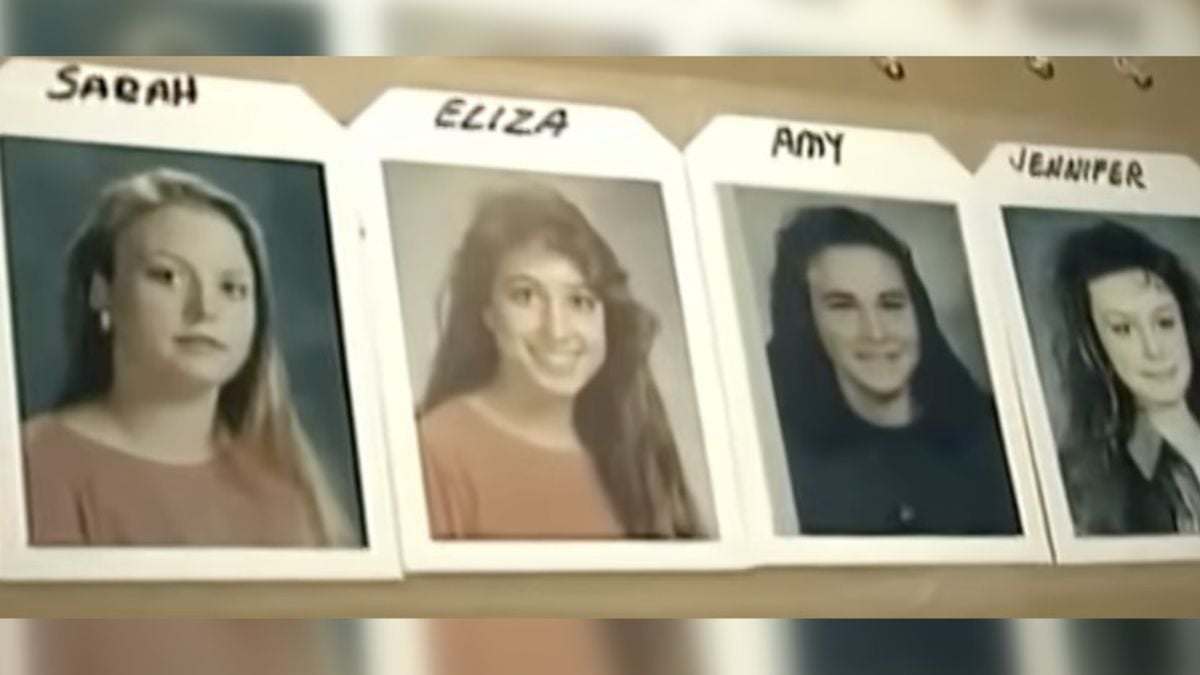
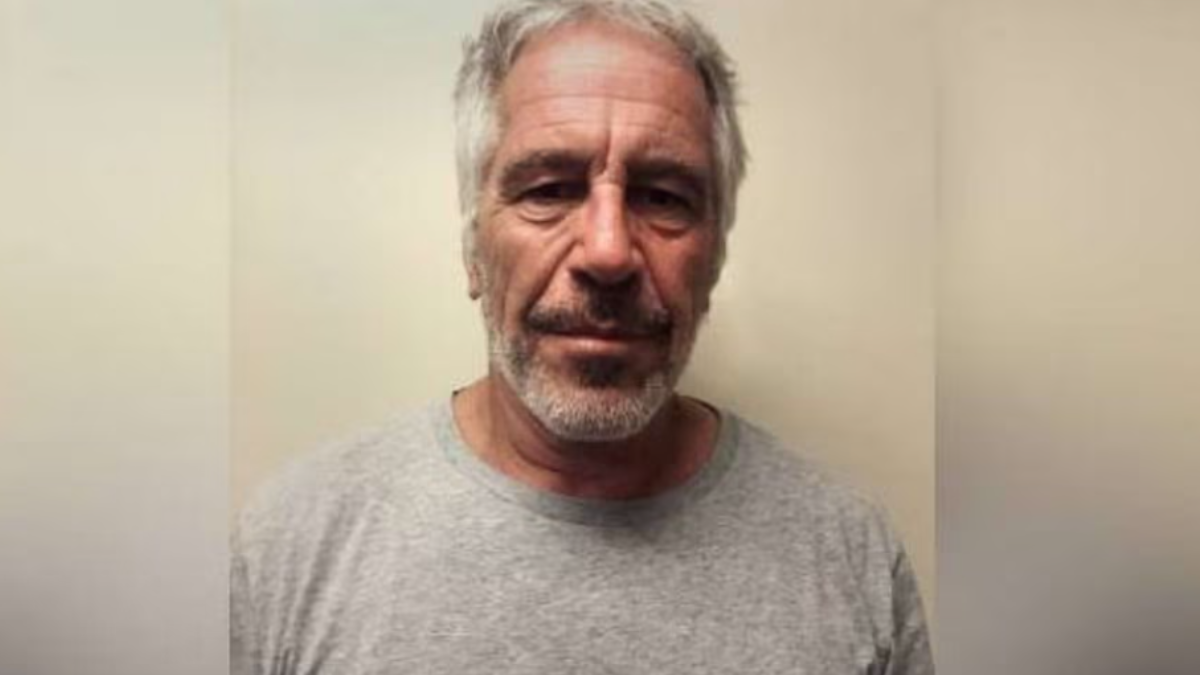

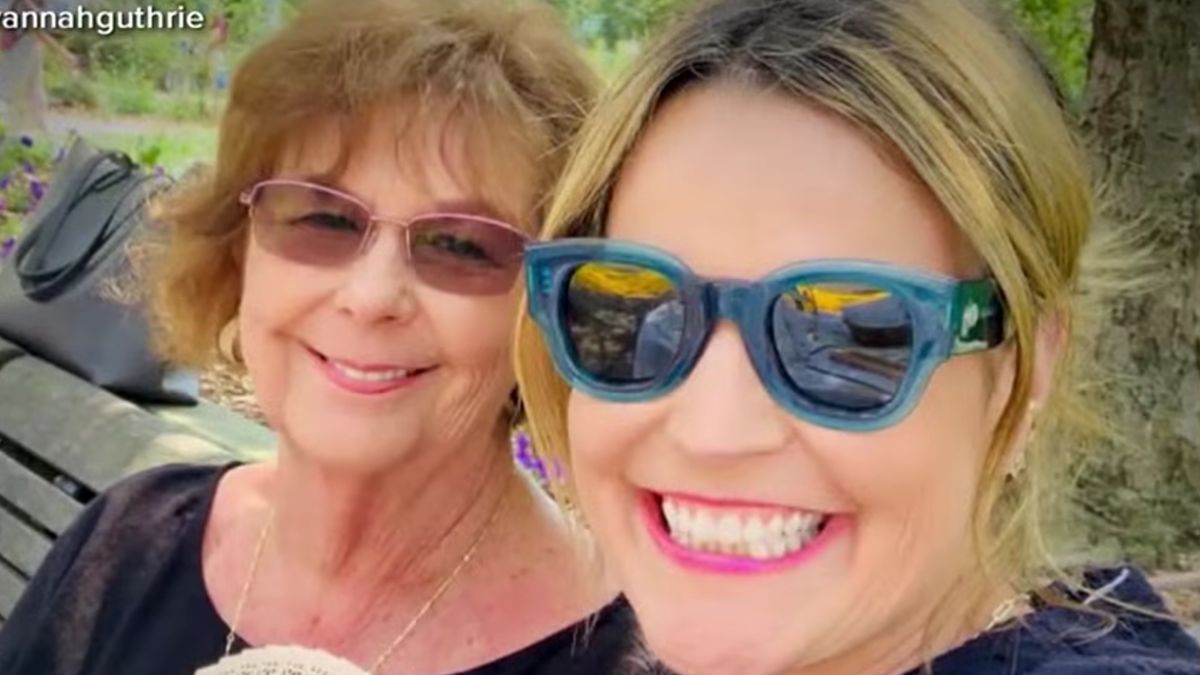

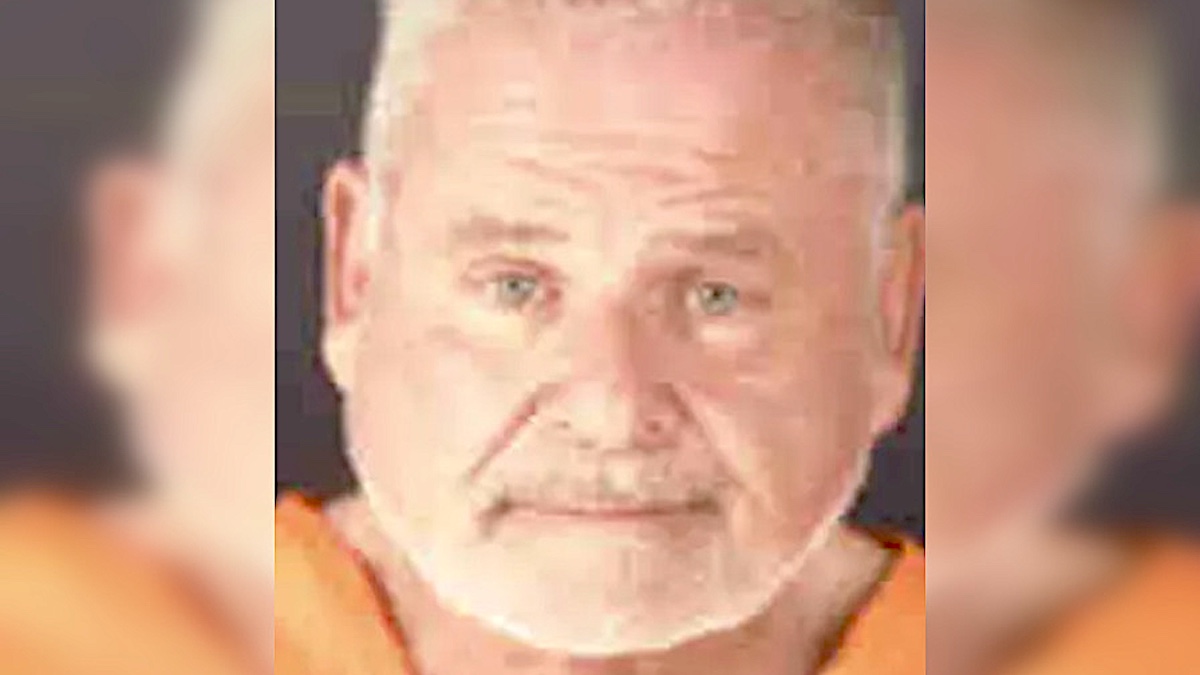

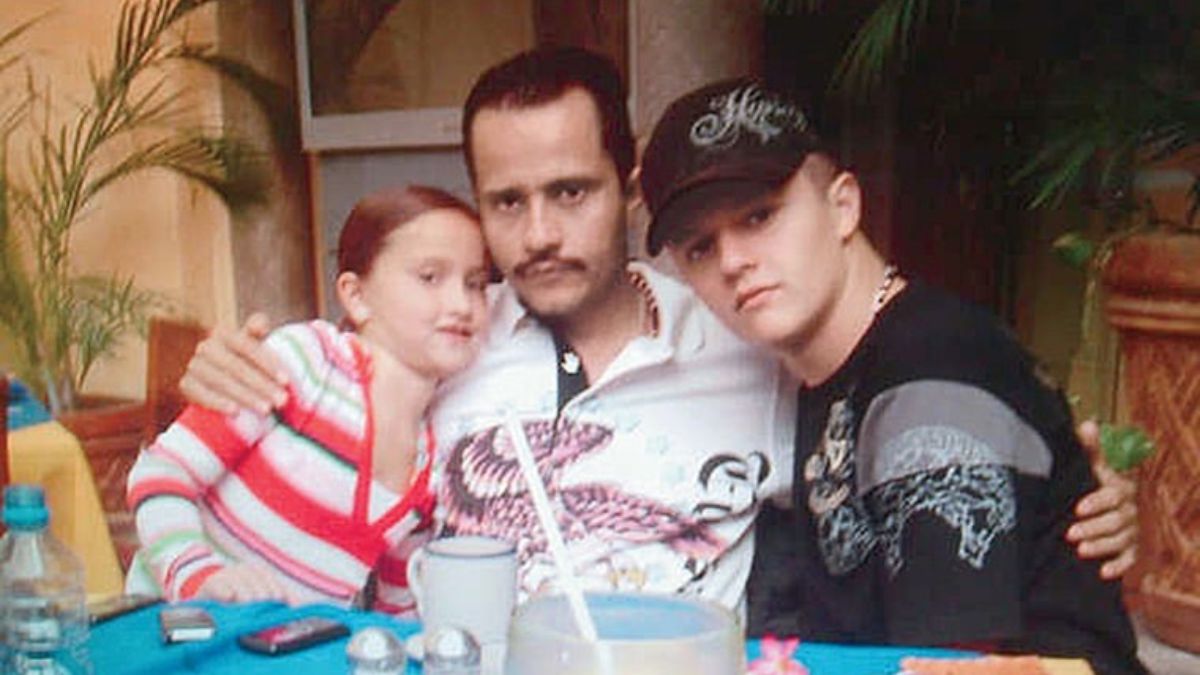
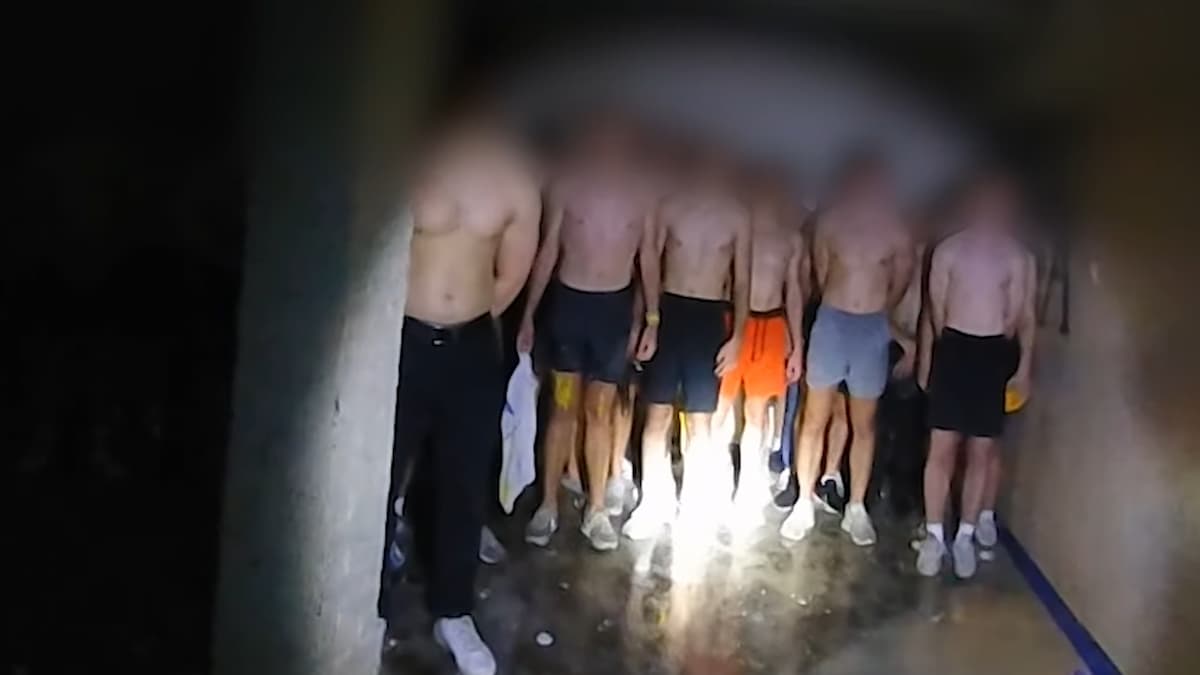

Published: Dec 8, 2023 03:39 pm